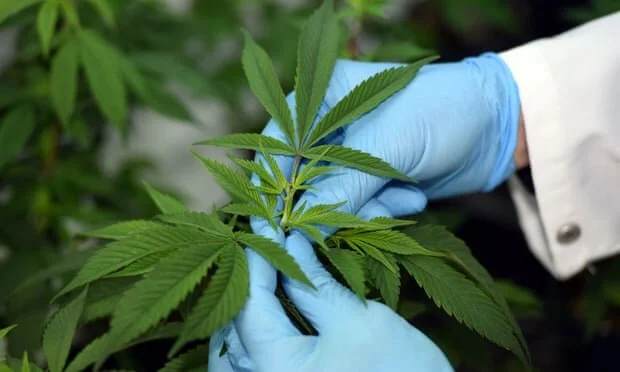Two expert groups have recently recommended against medicinal cannabis for people suffering persistent non-cancer pain
Read MoreStay in the know with the latest on our fight against the legalization of marijuana
Have an article that you would like us to post? Share it on our Facebook page!
Marijuana users feel MORE pain
/Study finds cannabis lowers pain tolerance - meaning users need more painkillers after an injury
Read MoreThe Clinical Conundrum of Medical Marijuana→
/In Colorado, patients have a tremendous variety of products at their disposal for pain conditions. These products are not highly regulated or controlled, and potentially contain contaminants such as pesticides, fungicides and rodenticides.
There is no limit on dosing or potency. For example, there is no limit to the amount of residual butane in butane hash oil that patients can inhale, and there are no studies as to the benefits of inhaled butane. The available products in Colorado can push the tetrahydrocannabinol (THC) content to nearly 100%.
Read MoreIs Marijuana Use for Pain Driving Negative Societal Effects?→
/The problem of increased marijuana use has origin in its purported use for pain, but the medical literature is completely void of evidence for the treatment of common pain conditions with cannabinoids or cannabis. Current medical literature suggests benefit in less common pain conditions, with products not commercially available in the United States, or with synthetic THC, not with dispensary cannabis. The variability of available products changes regularly and their use in medicine, particularly pain, is unproven. The end game is in the court of law enforcement, mental health providers, the medical community, and our educational systems, at unknown societal costs, which are only now becoming apparent.
Read More




